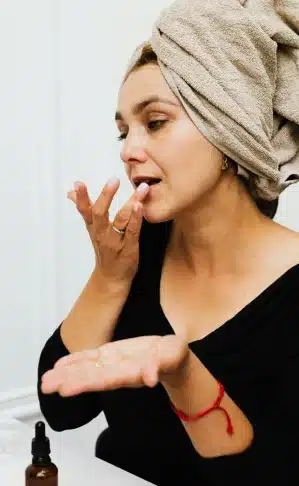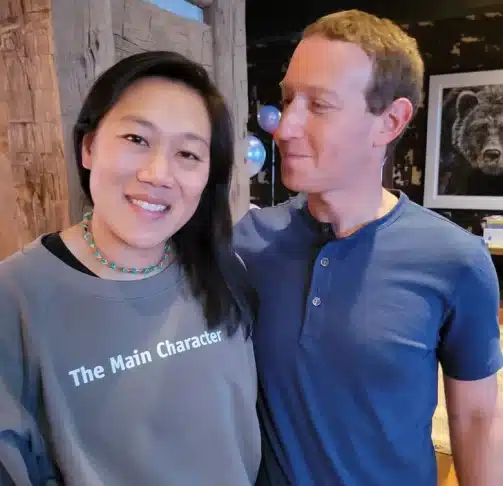Women utilize makeup for various reasons, aiming to enhance their attractiveness both in the eyes of men and in competition with other women, as indicated by a comprehensive study. However, this presents a dilemma for men, as makeup has the potential to create a perception of enhanced attractiveness that may not align with reality.

Research suggests that men, particularly those seeking serious relationships, may pay close attention to the presence of makeup on women. Even men less knowledgeable about makeup can discern whether a woman is wearing it, regardless of her natural beauty or previous cosmetic procedures.

The studies unveiled that men focused on long-term commitments could detect makeup on women’s faces in a remarkably swift 50 milliseconds. Intriguingly, these men consistently perceived women with makeup as having lower perceived mate value for potential long-term partnerships, even with extended exposure time (6500 milliseconds). This underscores the significance men place on the authenticity of a potential partner’s physical features when seeking a committed, long-term relationship.

Makeup, acting as a metaphorical “mask,” serves dual purposes: boosting individuals’ self-esteem and enhancing attractiveness by concealing specific features. For instance, research by cosmetic scientists found that women use makeup to camouflage uneven facial features or create an illusion of better health. Interestingly, individuals in poorer health tend to rely more on cosmetics than their healthier counterparts. This dual nature of cosmetics emphasizes that while they can accentuate certain qualities, they may also serve as a means to conceal underlying health conditions.

Opting for a makeup-free day extends benefits beyond aesthetics. It promotes skin health by allowing the skin to breathe, reducing the risk of breakouts, and fostering a healthier complexion. Psychologically, foregoing makeup enhances self-confidence by appreciating natural features, encouraging self-acceptance, and promoting a positive body image. Additionally, the decision to skip daily makeup not only saves time and money but redirects resources toward self-care or hobbies, contributing to a more fulfilling lifestyle.
